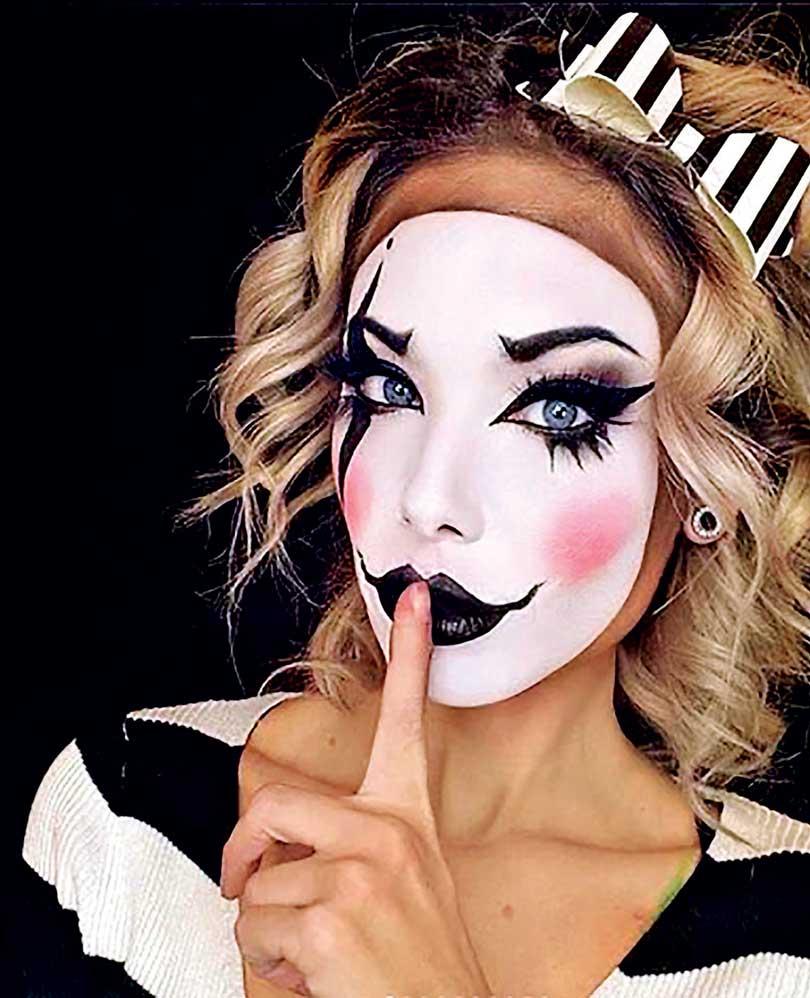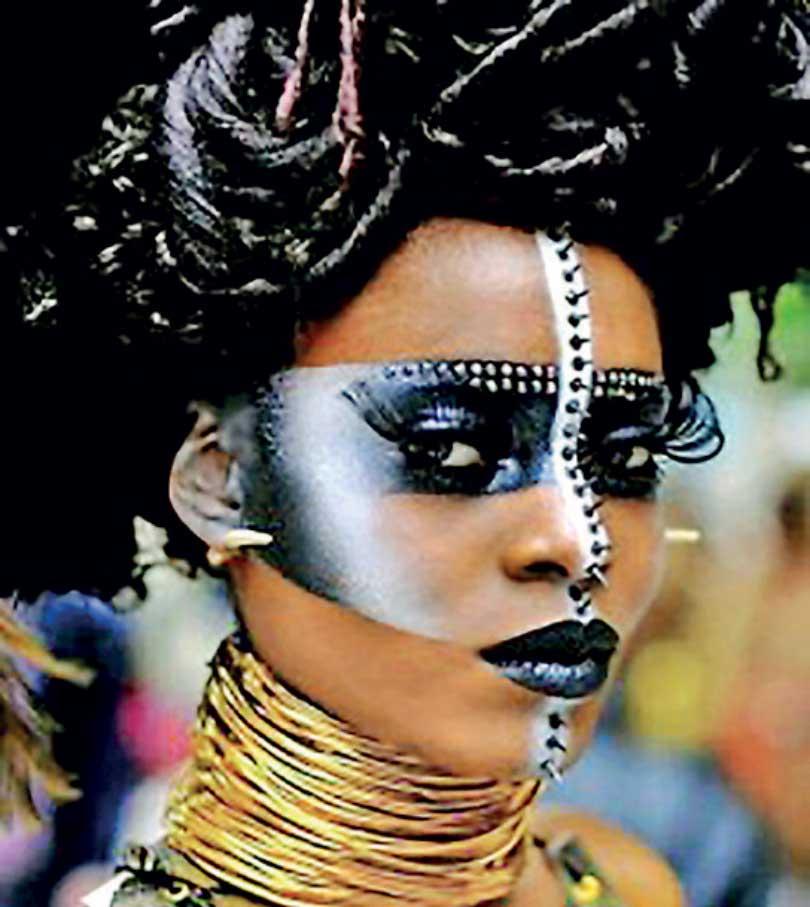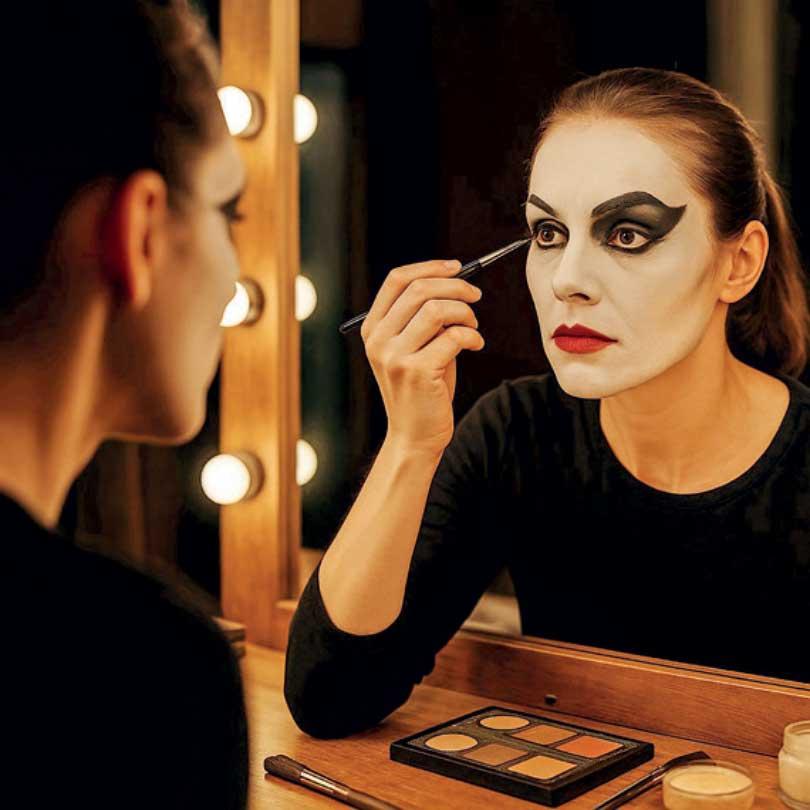


In the dim stillness of the backstage mirror, long before the curtains rise, an actor lifts a brush to the skin and begins a transformation. This act, quiet, intimate, and profoundly ritualistic, is older than theatre itself. Stage makeup, often misunderstood as a mere cosmetic enhancement, is in fact a language: a textured, pigmented vocabulary that reveals inner truths, conceals private fractures, and mirrors the shifting masks we all wear in life. Far from being simply decorative, stage makeup is a symbolic bridge between the performer and the world, a reminder that identity is both curated and discovered, crafted and exposed.
The Painted Face as a Portal
Theatre has always relied on the face as both a canvas and a gateway. In the earliest ritual dramas, makeup served as a portal to gods and spirits, a way for mortals to communicate with forces beyond themselves. Even today, when foundations and pigments are chosen with precision for lights and camera, the underlying purpose remains unchanged: makeup is transformation. The moment an actor draws a contour, deepens a shadow, or paints a tear that perhaps they will never cry, they step out of the everyday and into archetype. The adorned face becomes a threshold between worlds, between the real and the imagined, the mundane and the mythical, the individual and the collective story.
Highlighting What the World Forgets
The stage demands exaggeration, not as deceit, but as clarity. What a natural light might overlook, the stage spotlight magnifies. Hence the strong lines, bold colours, heightened expressions. Stage makeup amplifies the essence rather than the surface. This amplification is symbolic of something true in the wider world: our deepest traits sometimes need deliberate highlighting to be seen.
The Mask and the Mirror
Though makeup reveals, it also conceals, another symbolic thread that ties theatre to life. The actor, beneath layers of pigment, often feels paradoxically more exposed. The mask frees the mind. The more the external is crafted, the more the internal may breathe.
Colours That Speak the Unspoken
Stage makeup is also a symbolic language of colour. Each hue holds emotional resonance:
- Red: passion, fury, vitality.
- White: innocence, fragility, purity or spectral detachment.
- Black: depth, mystery, grief, or power.
- Gold: triumph, divinity, aspiration.
- Blue: melancholy, calm, introspection.
The Evolving Face of Identity
In theatre, an actor may play royalty tonight, a beggar tomorrow, a myth the next month. With each role, makeup becomes a tool of reinvention.
The Final Ritual: Washing Away the Character
After bows are taken and the applause fades, the actor removes the makeup slowly, layer by layer. The face beneath emerges, not lesser, but clearer.
A World That Is, Itself, a Stage
The world is a stage of shifting narratives. People enter and exit our lives like scenes.
Stage makeup is more than colour on the skin. It is transformation, protection, revelation, identity, ritual, and art.










